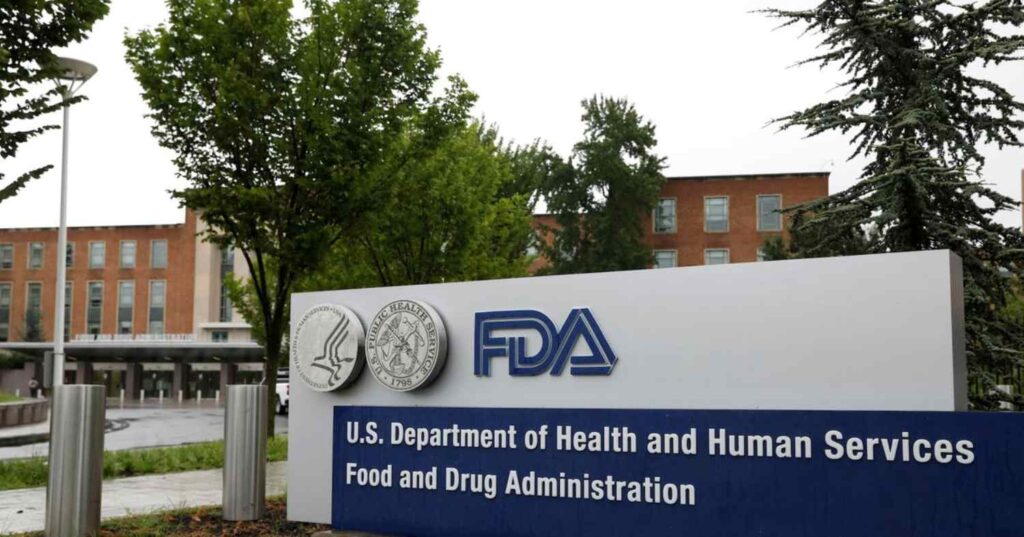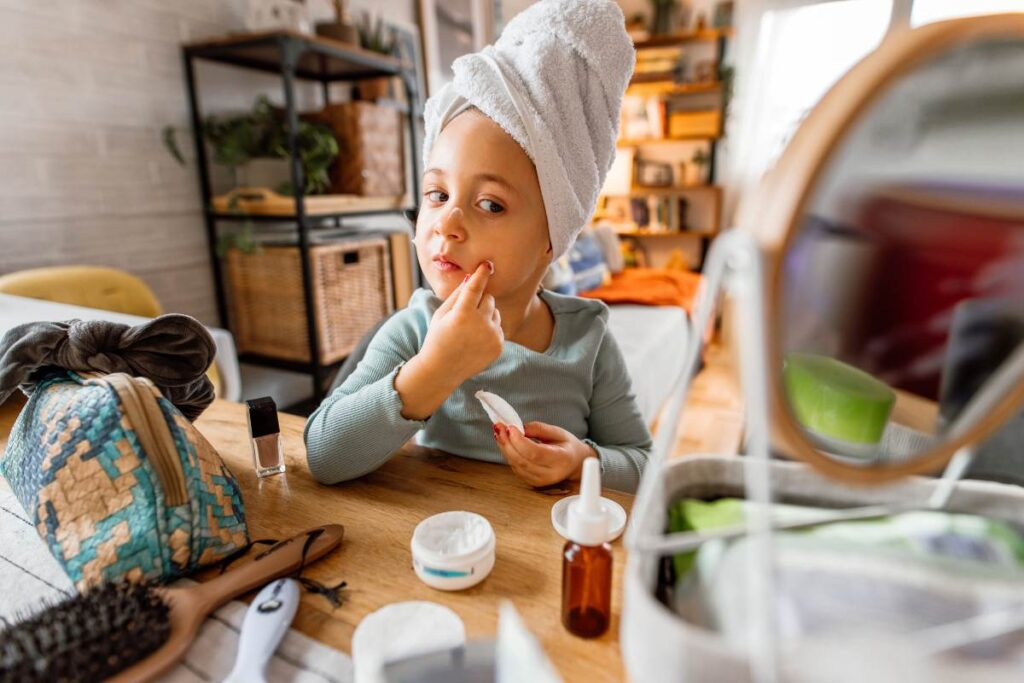Sunscreen has been, for many decades, mankind’s refuge from the sun’s harshest rays. We hide our skin from UV rays for reasons ranging from discomfort to the terrifying possibility of skin cancer. However, recent discoveries have shown that sunscreens could be equally as harmful.
Initial suspicions have now become verifiable facts. Certain ingredients found in sunscreens have proven toxic to human health. These discoveries have been amplified by social media influencers, raising doubts in the minds of many sunscreen users.
Essentially, we could be stuck between the devil and the deep blue sea. Can we trust sunscreen products, or do we surrender our skins to the mercy of the sun? Read on to find out.
What Is Sunscreen Used For?
Ultraviolet radiation from the sun can harm our skin in many ways. Besides causing the dreaded skin cancer, UV rays can also make the skin age faster. The most potent protection from these harmful radiations known to man is sunscreens. Sunscreens either form a protective barrier against the rays or convert the rays to heat as soon as they touch the skin.
Without sunscreens, the already frightening skin cancer statistics would have been much worse. You wouldn’t believe it, but every day, medical personnel diagnose over 9500 people with skin cancer in the United States. It gets even more alarming. At least two people die of skin cancer in the country every hour.

Sunscreens reduce the risk of developing skin cancer, especially the most dangerous type, melanoma. They are equally effective against the less deadly type, squamous cell carcinoma.
ALSO READ: 15-Year-Old Heman Bekele Creates Soap That Could Prevent and Treat Skin Cancer
Dr. Rachael Neale, a physician and researcher who has been studying skin cancer for more than three decades tells us more. “Skin cancer is caused by exposing the cells in the skin to UV radiation, and particularly UVB radiation,” she explained.
“Those most harmful rays cause skin cancer by causing mutations in the DNA in our cells,” she added. She explained that one mutation isn’t usually a cause for alarm. “But what happens if that mutation occurs in a gene that’s really important for DNA repair, for example,” she said.
“Then we get another mutation, and then we potentially get another mutation. And then eventually we tip our cells over into forming into a skin cancer.” Interestingly, sunburn doesn’t only occur in sunny weather. People are equally at risk on a cloudy day. That’s what makes sunscreen a crucial item.
The Debate About Sunscreens
In recent times, debates have begun to surface over the safety of sunscreens. The fires of the controversy were further stoked in 2021 upon the discovery of the carcinogen benzene in a number of sunscreens.
Although authorities recalled the affected products, the fears never died out. Even the discovery that the chemical wasn’t part of the sunscreen’s ingredients but emanated from the propellant didn’t do much to calm tensions.

In addition, the US Food and Drug Administration (FDA) prevailed on manufacturers to conduct more extensive safety research on a number of sunscreen’s most common ingredients. Afterwards, the FDA can give the products the GRASE status. GRASE stands for Generally Regarded as Safe and Effective.
There are several reasons for the FDA directive. First, in the 1970s, when the FDA first began scrutinizing sunscreens, the science community didn’t notice how easily the skin could absorb chemicals.
Second, they didn’t anticipate the increased use of sunscreens in the present day. Now, people use large amounts of sunscreen every few hours spent in the sun. This is due to the increased exposure of the earth’s surface to UV radiation.
What Are the FDA’s Suspicions?
Laura Vandenberg, a leading health researcher has thrown more light on the FDA’s concerns. “What the FDA has asked the manufacturers of…these products to do is to do studies where the sunscreen would be used as intended and then see how much of these chemicals end up in the bloodstream,” she said.
“Because the FDA has standards for how much of these chemicals should be in our blood, and currently, they can’t meet that standard of both safe and effective.” The FDA is looking out for any harmful chemicals in sunscreens that could seep into the skin and cause damage.
The agency is particularly concerned about oxybenzone, a chemical in sunscreen that could alter hormones in the body. In turn, affected persons become more vulnerable to diseases.
ALSO READ: How to Use Retinol on Your Skin For Better Results
Can I Apply Sunscreen Without Moisturizer?
If you are wondering, “Can I apply sunscreen without moisturizer?” the answer is yes. The added moisturizer layer complements the sunscreen’s efforts at blocking the sun’s rays. However, note that you only need to use sunscreen in the morning.
Moisturizers alone are sufficient for the nighttime. That’s because using them together too frequently could harm your skin in the long run. So stick to conservative use.

Is Sunscreen Better Than Face Cream?
In terms of function, sunscreen is quite different from face cream. While face cream keeps skin fresh under the sun and improves complexion, sunscreen is strictly protective.
While the sunscreen is only relevant when you venture out into the sun, the face cream is important both at day and at night. The answer to the question “Is sunscreen better than face cream?” is “No.” Moisturizers on their own do not need additional help to nourish the skin.
When Should You Use Sunscreen?
There are suitable times to use sunscreen. Using them at the wrong time could harm your skin. Skincare experts advise that you only use them when you need their services.
Sunscreen is best applied 30 minutes before you venture out or just before. Apply 6 to 8 teaspoons if you intend to cover the whole body. This ensures that the sunscreen isn’t too thinly spread and that your body receives adequate protection.
You Might Also Like:
Lil Baby Arrested for Carrying Concealed Weapon in Las Vegas
Naomi Osaka Unveils Custom ‘Goth’ Look for the US Open, and It Has Everyone Bowing
